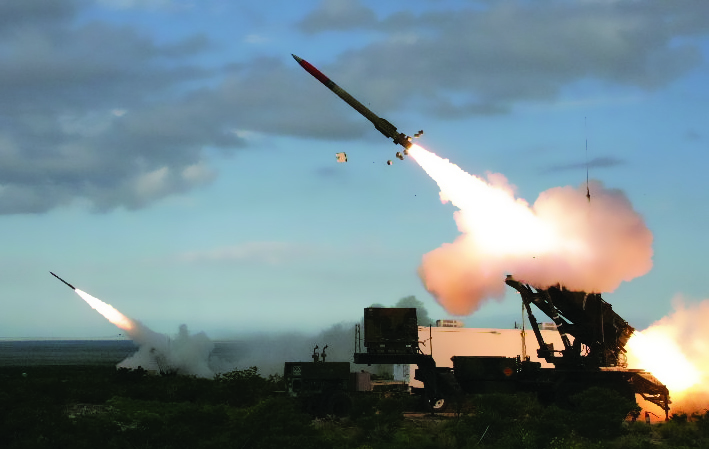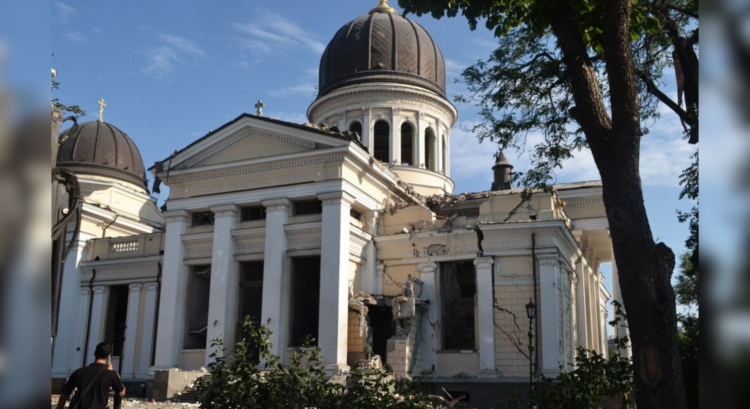During his meeting with Putin, Lukashenko said that Wagnerites want to "go on a sightseeing tour" to Poland. pic.twitter.com/Era3hxgzx7
— Anton Gerashchenko (@Gerashchenko_en) July 23, 2023
In recent years, their partnership has grown stronger, with both countries collaborating in various areas, including defense, energy, and trade. The mutual support during times of international pressure and conflicts has further solidified their alliance. Belarus’s assistance in ending a mutiny by Russian mercenaries from the Wagner group demonstrates their alignment on security matters and reinforces their strategic partnership.
As military analysts closely monitor the outcome of the summit, it becomes essential to assess how the deepening cooperation between Russia and Belarus may impact the security dynamics in the region. The alliance could potentially lead to coordinated actions in the ongoing conflict in Ukraine, raising concerns about further escalation and regional stability. The summit’s outcomes hold significant implications for the broader geopolitical landscape, warranting close attention from experts in the field.
Calls for More Missiles and Defense Systems
Ukraine’s presidential office has reiterated its request for additional missiles and defense systems to counter the ongoing attacks on civilians and infrastructure. The urgent appeal for more missile defense systems and long-range tactical missiles, such as Army Tactical Missile System (ATACMS), reflects Kyiv’s determination to strengthen its defensive capabilities and deter further Russian aggression.

Tensions Escalate in the Black Sea and Zaporizhzhia
The missile attack on Odesa follows Russia’s recent live-fire exercises in the Black Sea and the expiration of a key grain export deal from Ukrainian ports. The situation in the region remains highly volatile, with Russia and Ukraine engaging in a series of military confrontations.
Additionally, the Zaporizhzhia region, home to Europe’s largest nuclear power plant, has become another flashpoint in the conflict. Russian forces reportedly repelled three attacks by Ukrainian armed forces in the Rabotino direction, resulting in the destruction of enemy tanks, infantry fighting vehicles, and personnel.
~
The latest missile attack on Odesa and the ongoing military actions in the Black Sea and Zaporizhzhia region underscore the growing instability and volatility of the Russo-Ukrainian conflict. As military analysts closely watch the developments, the strategic partnership between Russia and Belarus adds another layer of complexity to the situation.
Efforts to mitigate the impact of missile attacks on civilians and infrastructure are essential for the safety and security of the region. The world continues to closely monitor the outcomes of the Putin-Lukashenko summit and its potential ramifications on the conflict. Amidst this uncertain environment, the need for diplomatic efforts and international cooperation remains crucial in seeking a peaceful resolution to the crisis.










COMMENTS